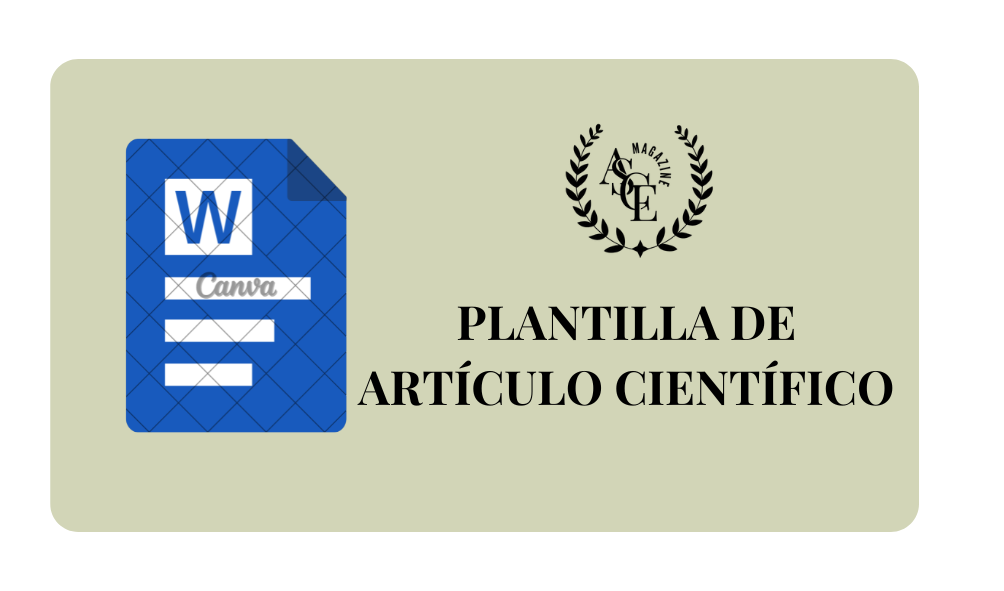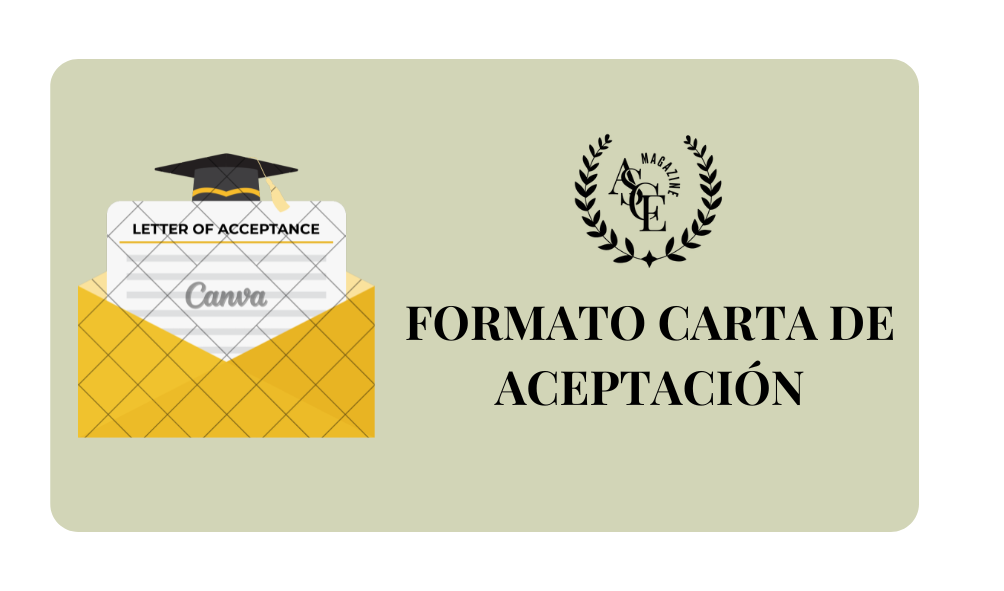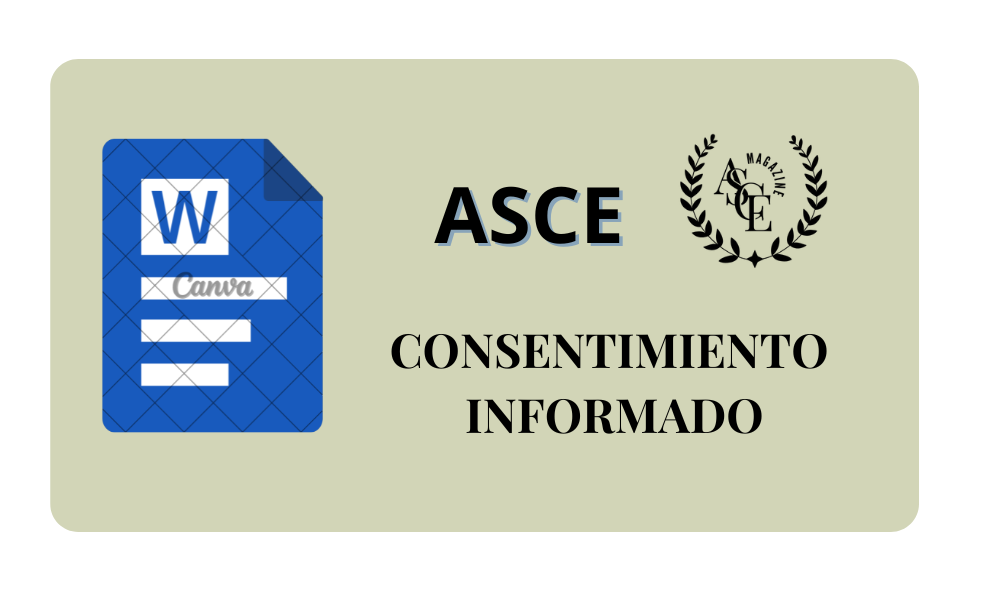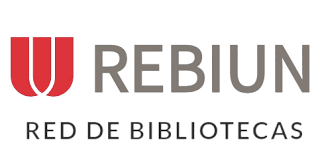Innovating to Learn: Teaching Methodologies 4.0 and Their Impact on Performance and Motivation in Higher Education
DOI:
https://doi.org/10.70577/ASCE/1512.1530/2025Keywords:
Education 4.0, Academic Performance, Achievement Motivation, Higher Education, Learning-Teaching.Abstract
Higher institutions today need a set of transformations in their teaching and learning processes, seeking a new educational dynamic, which guarantees a complete disciplinary and high-quality training, in addition to aligning with the innovative initiatives directed by education 4.0. With the aim of investigating this problem, the present research was carried out, whose purpose was to specifically evaluate the impact of the use of methodologies linked to Education 4.0 on academic performance and motivation in higher education. The methodology used was a systematic review of the literature with a descriptive approach, following the guidelines of the PRISMA method (Preferred Reporting Items for Systematic Reviews and Meta-Analyses) in order to guarantee rigor and transparency. 16 empirical articles published between 2020 and 2025 were selected, in databases such as ERIC, Scielo, RedALyC, Dialnet and Google Scholar. Inclusion and exclusion criteria were established and a thematic analysis of the results found from the selected research was carried out. The results of the review of 14 articles show that 4.0 teaching methodologies include flipped classroom, cooperative learning and microlearning. Each of these methodologies have demonstrated a beneficial effect on student motivation, by enhancing involvement and commitment, resulting in superior academic performance. As for the main strengths for the successful implementation of education 4.0, there is the incorporation of innovative technologies, the constant training of teachers and cooperation with the external sector, which promotes a more versatile, adaptable education in accordance with the demands of the labor market. Overall, each of the methodologies are revolutionizing university education, by providing a more dynamic, affordable, and timely education for generations to come.
Downloads
References
Aboderin, O., & Havenga, M. (2024). Essential Skills and Strategies in Higher Education for the Fourth Industrial Revolution: A Systematic Literature Review. 38(2). https://hdl.handle.net/10520/ejc-high_v38_n2_a2 DOI: https://doi.org/10.20853/38-2-5430
Beke, E., & Tick, A. (2024). Applicability of education 4.0 in higher education: engineering students’ survey. Journal of technology and Science Education, 14(2), 529-552. https://doi.org/10.3926/jotse.1845 DOI: https://doi.org/10.3926/jotse.1845
Cevallos , C., Ramos, R., Rizzo , E., & Orellana, J. (2025). Habilidades en tecnologías de la información y la comunicación (TIC) en docentes universitarios: desafíos y oportunidades en la enseñanza dentro de la educación 4.0 y su impacto en la innovación educativa. Ciencia como principio Fundamental en Investigación, 5(2), e-667. https://doi.org/10.59814/resofro.2025.5(2)667 DOI: https://doi.org/10.59814/resofro.2025.5(2)667
Fidalgo, Á., Sein, M., & García, F. (2022). Método basado en Educación 4.0 para mejorar el aprendizaje: lecciones aprendidas de la COVID-19. Revista Iberoamericana de Educación a Distancia, 25(2), 49-72. https://doi.org/10.5944/ried.25.2.32320 DOI: https://doi.org/10.5944/ried.25.2.32320
Gherman, O., Turcu, C., & Turcu, C. (2022). An Approach to Adaptive Microlearning in Higher Education. Computers and Society, 1. https://doi.org/10.48550/arXiv.2205.06337 DOI: https://doi.org/10.21125/inted.2021.1405
Golitsyna, I., Eminov, F., & Eminov, B. (2021). Teaching/Learning Strategies in Context of Education 4.0. Adv. Sci. Technol. Eng. Syst. J. , 6(2), 472-479. https://doi.org/10.25046/aj060254 DOI: https://doi.org/10.25046/aj060254
Gutiérrez, Y., Bustamante, R., Navarro, S., López, A., Molina, A., & Icaza, I. (2021). A Challenge-Based Learning Experience in Industrial Engineering in the Framework of Education 4.0. Sustainability, 13. https://doi.org/10.3390/su13179867 DOI: https://doi.org/10.3390/su13179867
Ifeoma, B., Ngwevu, V., & Jojo, A. (2023). The effectiveness of innovative pedagogy in the industry 4.0: Educational ecosystem perspective. Social Sciences & Humanities Open, 7(1). https://doi.org/10.1016/j.ssaho.2023.100419 DOI: https://doi.org/10.1016/j.ssaho.2023.100419
Khosravi, S., Bailey, S., Parvizi, H., & Ghannam, R. (2022). Learning Enhancement in Higher Education with Wearable Technology. Human-Computer Interaction , 22(19). https://doi.org/10.3390/s22197633 DOI: https://doi.org/10.3390/s22197633
Ludeña , N., Moreno, B., & Coloma, M. (2024). Análisis del Modelo de Educación 4.0 en Instituciones de Educación Superior. Ciencia Latina, 8(1). https://doi.org/10.37811/cl_rcm.v8i1.9700 DOI: https://doi.org/10.37811/cl_rcm.v8i1.9700
Mata, B., Santos, C., & Zepeda, M. (2024). Sociedades automatizadas y Educación 4.0. Retos, perspectivas y contradicciones de pensar la formación humana como Ingeniería Social. Revista de Latinoamerica de Estudios Educativos, 4(1), 165–188. https://doi.org/10.48102/rlee.2024.54.1.613 DOI: https://doi.org/10.48102/rlee.2024.54.1.613
Matsumoto, k., Ramírez, M., & Conget, P. (2021). Opportunities to Develop Lifelong Learning Tendencies in Practice-Based Teacher Education: Getting Ready for Education 4.0. Future Internet, 13(292). https://doi.org/10.3390/fi13110292 DOI: https://doi.org/10.3390/fi13110292
Mendoza, H. (2021). Modelo de aplicación orientada a la web 4.0 en el rendimiento académico del estudiante en educación superior. Educación Superior, 8(2), 39 – 48. http://scielo.org.bo/pdf/escepies/v8n2/v8n2_a07.pdf DOI: https://doi.org/10.53287/tjzc9154ou50o
Neumann, M., & Baunmann, L. (2021). Agile Methods in Higher Education: Adapting and Using eduScrum with Real World Projects. Software Engineering , 1. https://doi.org/10.48550/arXiv.2106.12166 DOI: https://doi.org/10.1109/FIE49875.2021.9637344
Sein, M., Fidalgo, A., Balbín, A., & García, F. (2024). Flipped Learning 4.0. An extended flipped classroom model with Education 4.0 and organisational learning processes. Information Society, 23, 1001–1013. https://doi.org/10.1007/s10209-022-00945-0 DOI: https://doi.org/10.1007/s10209-022-00945-0
Shalgimbekova, K., Smagliy, T., Kalimzhanova, R., & Suleimenova, Z. (2024). Innovative teaching technologies in higher education: efficiency and student motivation. Cogent Education, 11(1). https://doi.org/10.1080/2331186X.2024.2425205 DOI: https://doi.org/10.1080/2331186X.2024.2425205
Sony, M., & Beena, K. (2025). Education 4.0 unravelled: deciphering critical success factors for successful implementation. Journal of Applied Research in Higher Education , 17(3), 880–903. https://doi.org/10.1108/JARHE-10-2023-0459 DOI: https://doi.org/10.1108/JARHE-10-2023-0459
Vázquez, M., Martillo, I., & Castro, G. (2022). La Educación Superior 4.0: retos y perspectivas. Serie Científica De La Universidad De Las Ciencias Informáticas, 15(4), 71-89. https://dialnet.unirioja.es/servlet/articulo?codigo=8590696
Vilalta, E., Villarreal, R., & Aguilera, R. (2022). Integrating Industry 4.0 in Higher Education Using Challenge-Based Learning: An Intervention in Operations Management. Higher Education, 12(10), 663. https://doi.org/10.3390/educsci12100663 DOI: https://doi.org/10.3390/educsci12100663
Wawak, S., Teixeira, J., & Sampaio, P. (2024). Quality 4.0 in higher education: reinventing academic-industry-government collaboration during disruptive times. The TQM Journal, 36(6), 1569–1590. https://doi.org/10.1108/TQM-07-2023-0219 DOI: https://doi.org/10.1108/TQM-07-2023-0219
Downloads
Published
How to Cite
Issue
Section
License
Copyright (c) 2025 Ángel Gustavo Soria Pozo, Diego Alexander Cañadas Salgado, Raquel Herminia Verdezoto Rodríguez

This work is licensed under a Creative Commons Attribution-NonCommercial-NoDerivatives 4.0 International License.
Eres libre de:
- Compartir : copiar y redistribuir el material en cualquier medio o formato
- Adaptar : remezclar, transformar y desarrollar el material
- El licenciante no puede revocar estas libertades siempre y cuando usted cumpla con los términos de la licencia.
En los siguientes términos:
- Atribución : Debe otorgar el crédito correspondiente , proporcionar un enlace a la licencia e indicar si se realizaron cambios . Puede hacerlo de cualquier manera razonable, pero no de ninguna manera que sugiera que el licenciante lo respalda a usted o a su uso.
- No comercial : no puede utilizar el material con fines comerciales .
- CompartirIgual — Si remezcla, transforma o construye sobre el material, debe distribuir sus contribuciones bajo la misma licencia que el original.
- Sin restricciones adicionales : no puede aplicar términos legales ni medidas tecnológicas que restrinjan legalmente a otros hacer algo que la licencia permite.
























